Reuniting with Syria after 12 years
In an extraordinary closed-door meeting of foreign ministers of the Arab League (AL) held in the Egyptian capital Cairo on Sunday (May 7), Arab foreign ministers decided to restore Syria's membership in the league after 12 years of suspension due to the complex civil war in this West Asian country.
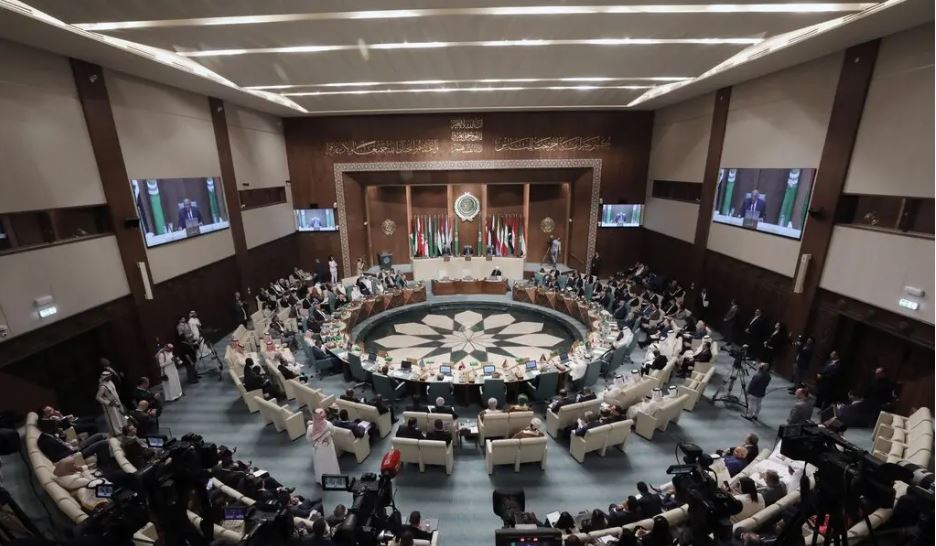
A meeting of Arab League (AL) foreign ministers in Cairo, Egypt. Photo: New York Times
The AL Council meeting also decided to resume “the participation of Syrian government delegations in the meetings of the AL Council and all AL organizations from May 7, 2023”. The Arab foreign ministers also agreed on the need to step up efforts “to help Syria escape the crisis”.
The meeting's statement also showed that Arab countries re-committed to "respecting the sovereignty , unity, stability and territorial integrity of Syria based on the AL charter and the principles of this organization".
The Arab foreign ministers also agreed to establish a committee comprising Jordan, Saudi Arabia, Iraq, Lebanon, Egypt and the AL Secretary General to continue “direct dialogue with the Syrian Government to reach a comprehensive solution to the Syrian crisis”.
Restoring Syria's membership in the Arab League was the focus of a meeting last week between the foreign ministers of Jordan, Saudi Arabia, Iraq, Egypt and Syria in the Jordanian capital Amman. The talks in Amman are part of a Jordan-led initiative to normalize relations between Arab countries and Syria.
A similar ministerial meeting was held in mid-April in Jeddah, Saudi Arabia, by the Gulf Cooperation Council countries, in addition to Jordan, Egypt and Iraq, to discuss the situation in Syria. A few days after the meeting, Saudi Foreign Minister Faisal bin Farhan Al Saud visited Damascus, marking the first visit by a Saudi official to Syria in 12 years.
All of the above moves show that Arab countries have agreed to take important steps to end the international boycott of Syria. After more than a decade of being excluded from the AL by its Arab brothers, Syria now has the opportunity to return to the alliance of which it was a founding member.
The Arabs will decide the Arab problem for themselves.
In 2011, when Arab countries expelled Syria from the 22-member league, the move was seen as a major condemnation of President Bashar al-Assad's regime and a nod to what the US and the West have accused the Syrian leader of over the country's conflict.
But the Arab calculus has recently changed. With the Syrian government having retaken much of the territory from opposition forces, it is clear that Bashar al-Assad will remain in power in Damascus for many more years.
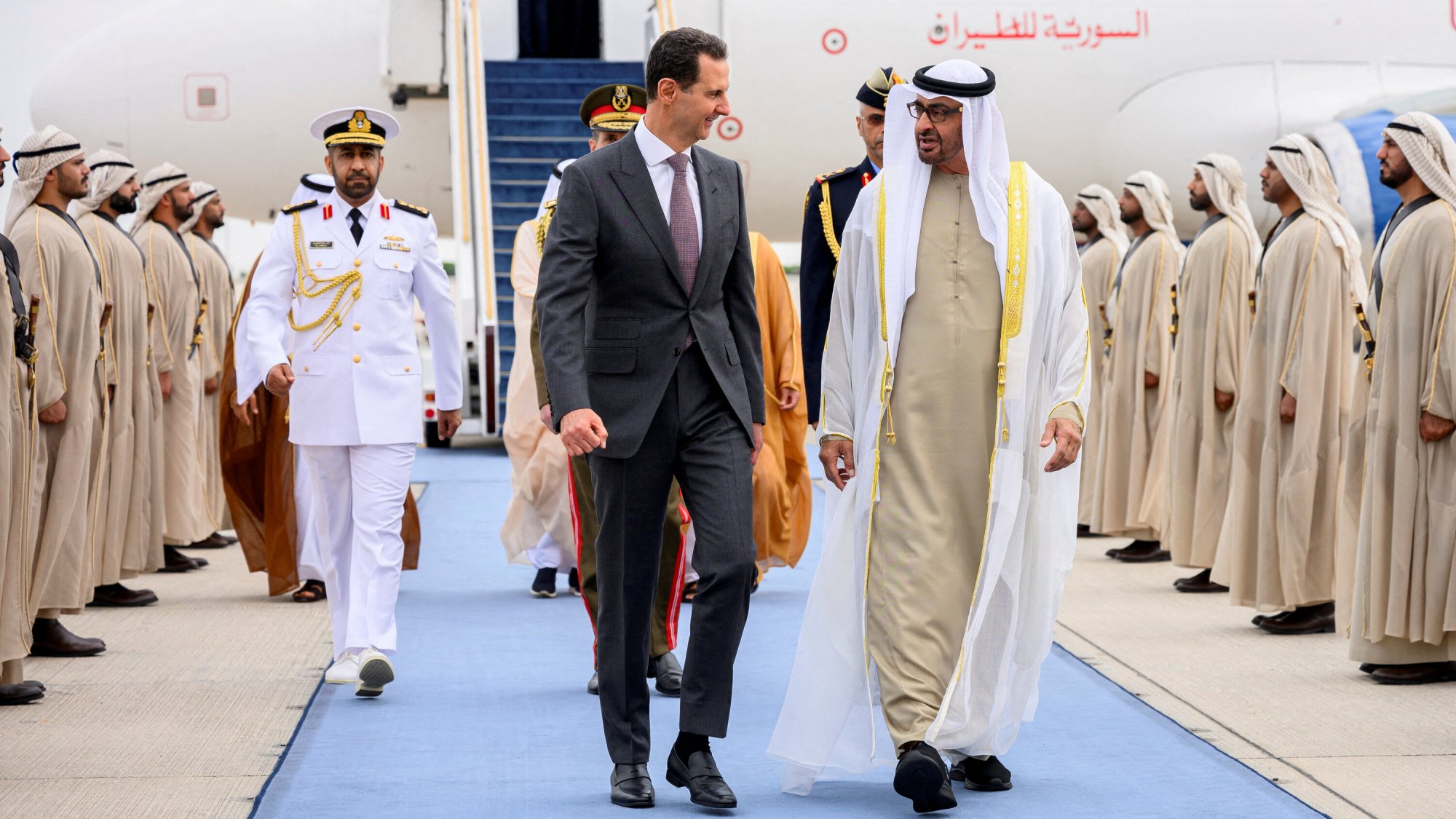
UAE President Sheikh Mohamed bin Zayed Al Nahyan welcomed Syrian President Bashar al-Assad to the UAE in March this year. Photo: New York Times
Arab countries, therefore, increasingly realize that they have little to gain from isolating Syria. And refusing to deal with Syria means turning a blind eye to the fact that President Bashar al-Assad’s government has all but won the conflict.
The Middle East's leading powers - Saudi Arabia and the UAE - are also seeking a new approach to Iran, which has deep influence in Syria after sending fighters and other aid to help Bashar al-Assad hold on to power.
Realizing that regional isolation would only push Syria into the arms of Iran, the Gulf monarchies decided to change course. They hoped to draw President Bashar al-Assad away from Tehran's influence by joining hands with the Damascus government.
One early sign was when the UAE normalized relations with Syria in 2018. And the trend of Arab countries restoring diplomatic and economic ties with Damascus gained momentum after a massive earthquake struck in February this year, killing more than 8,000 people in northern Syria.
The natural disaster and the need for humanitarian aid brought the parties closer together. Soon after, planes carrying aid from Arab countries landed in the earthquake-affected areas. Meanwhile, Egypt - one of the most hardline countries in the AL, sent its foreign minister to meet President Al-Assad in Damascus.
By mid-April, Tunisia had re-established diplomatic relations with Syria. And Saudi Arabia welcomed the Syrian foreign minister to Jeddah to discuss restoring ties. After years of being frozen, Saudi-Syrian relations have progressed rapidly in recent months as Saudi Arabia, using its regional influence, has also pushed other Arab countries toward normalization.
Middle East analysts say this appears to be a key factor in Syria’s rapid recovery ahead of the AL summit in Jeddah on May 19, even though Oman and the UAE have been advocating the same for years.
Hope for peace
The fact that Arab states are gradually welcoming Damascus back despite the objections of the United States, which imposed strong sanctions on President Bashar al-Assad's government after the conflict in Syria began and has no intention of lifting them, speaks volumes.
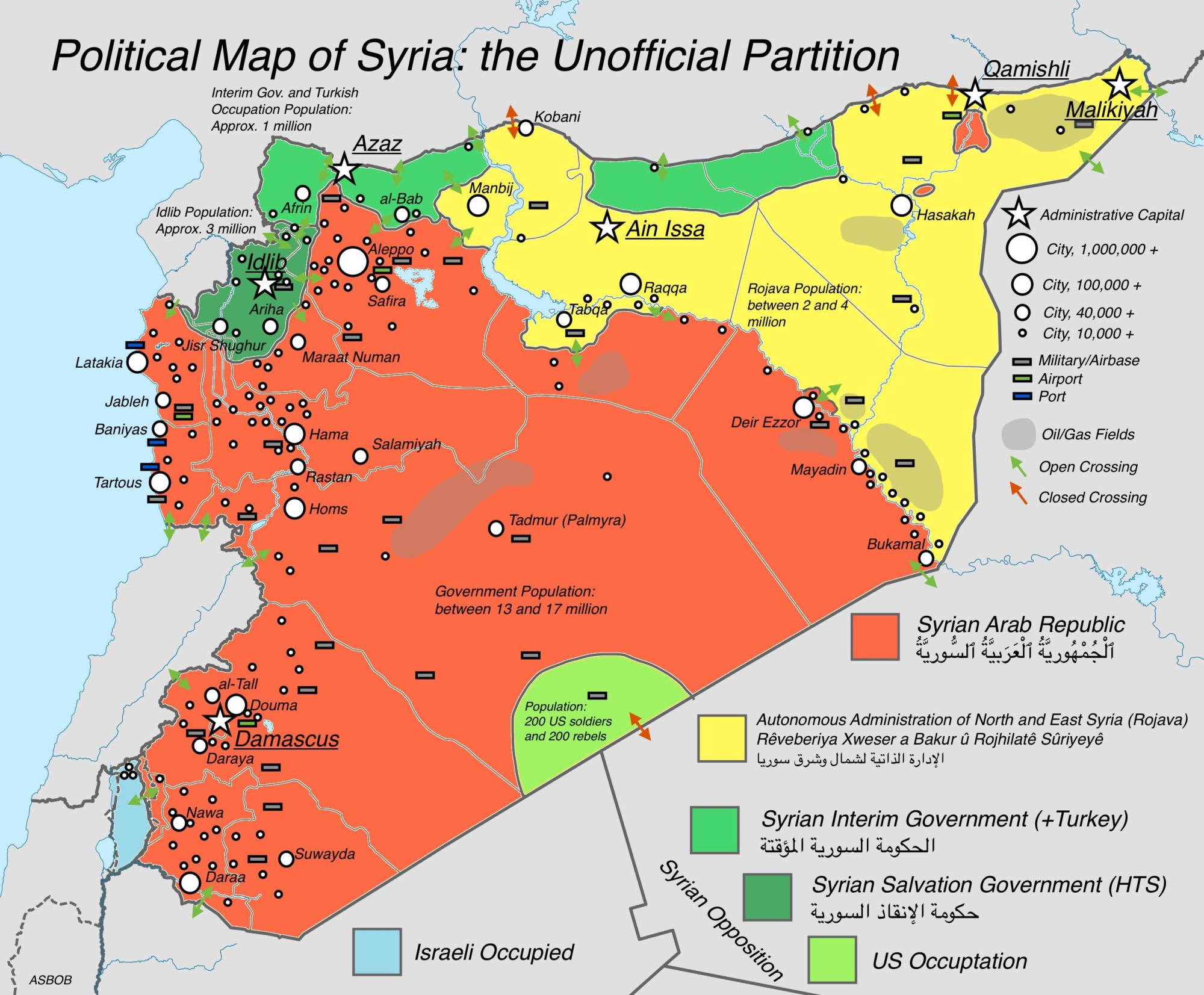
Map of Syria torn into pieces by civil war. The map shows that the civil war has divided Syria into many regions (as of the end of 2022), with each color belonging to a different force. Photo: Vividmaps
First, it shows that the US effort to remove Mr. Al-Assad has gone nowhere. But more importantly, the decision to restore Syria’s membership sends a message that Arab countries want to decide Arab issues for themselves. “This is a way to move towards an Arab-led political path to resolve the crisis in Syria,” a top Jordanian diplomat told the AP.
Bassam Abu Abdallah, a political analyst in Damascus, echoed the sentiment. “Excluding Syria from the alliance is not helpful, not for Syria, not for the Arabs,” Abdallah told the New York Times. He said US efforts to oust President al-Assad had failed, adding: “The American political elite should abandon the mentality of regime change in other countries.”
Realizing that they cannot stop Arab allies from restoring relations with Syria, US officials have urged them to try to exact a price from Mr. Al-Assad in exchange for Arab membership, such as ensuring the safe return of Syrian refugees, cracking down on the Captagon trade, or reducing Iran’s military presence in Syria.
The AL has set up a committee to discuss such conditions, said Hossam Zaki, the assistant secretary-general of the AL. But Syria’s reinstatement is a done deal. While many AL countries, such as Egypt, have not formally re-established diplomatic relations with Syria and could still impose other conditions for doing so, Syria’s readmission to the AL would be a strong statement that would set the stage for individual members to restore ties.
More importantly, it could restore lasting peace in a country that has been torn apart, leaving millions of people displaced and seeking a living after more than a decade of conflict and civil war.
Quang Anh
Source




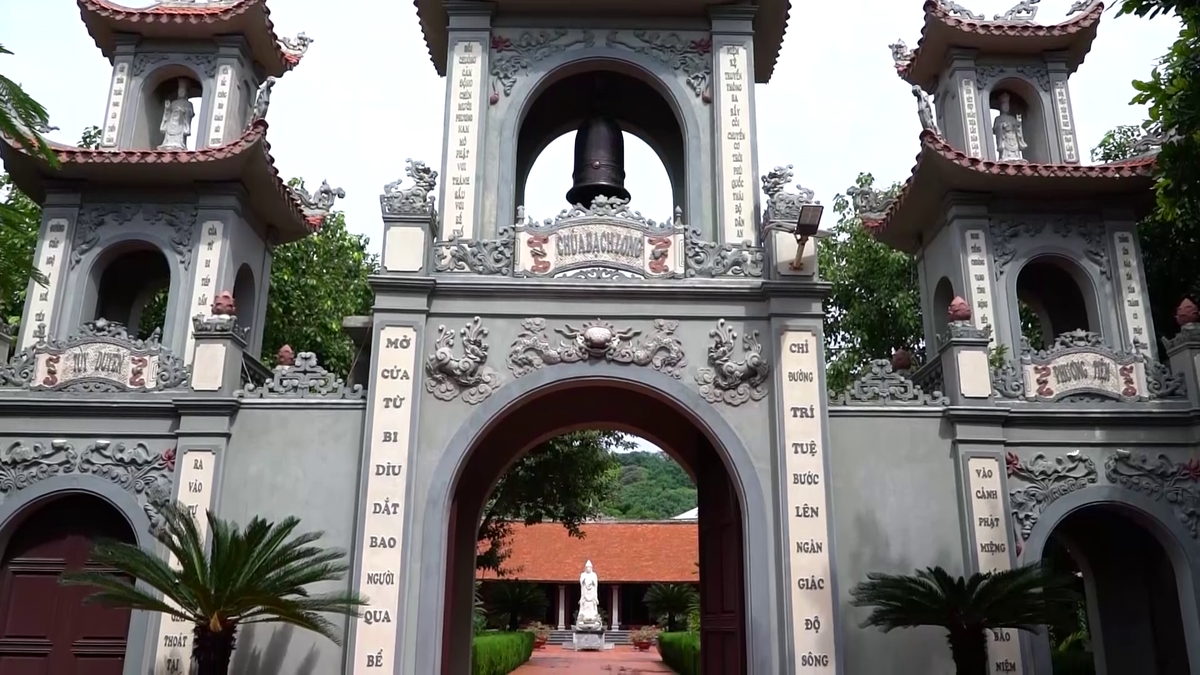



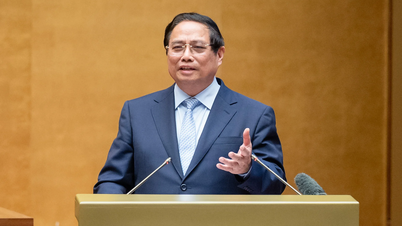


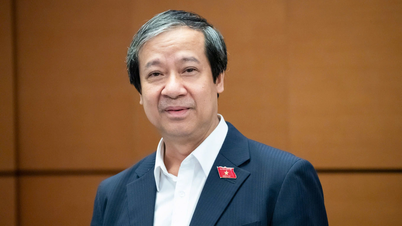
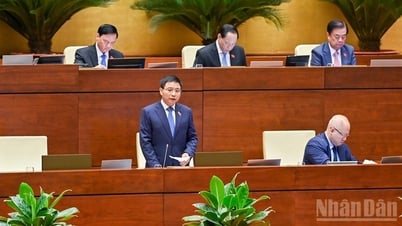

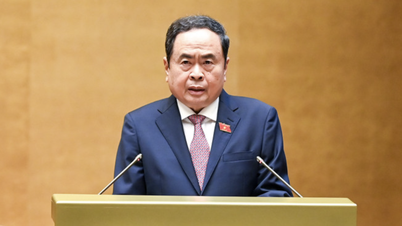
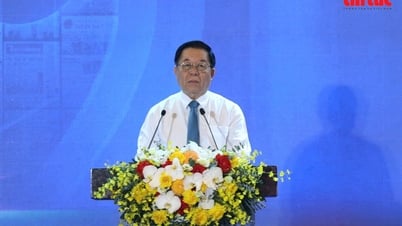











































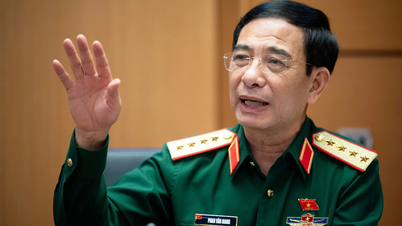



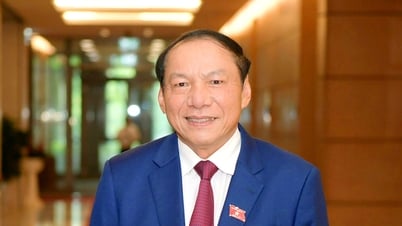






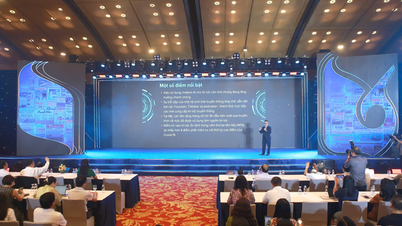














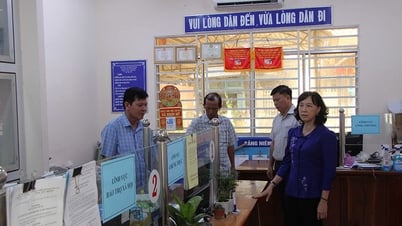
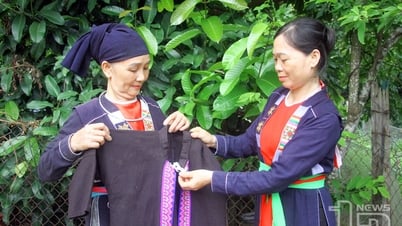














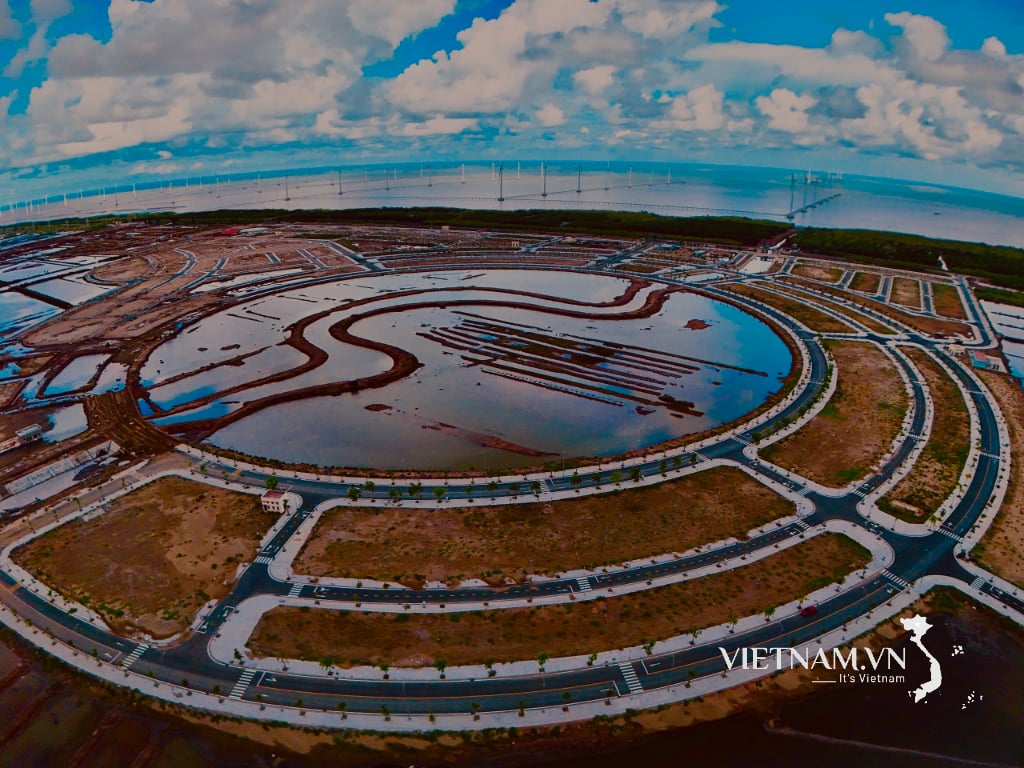

Comment (0)